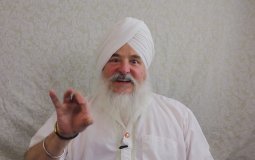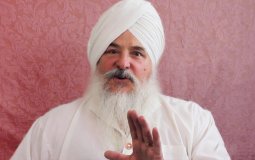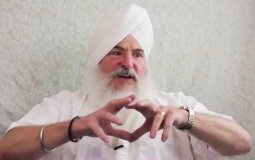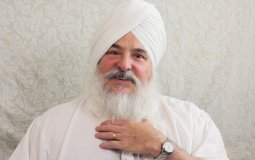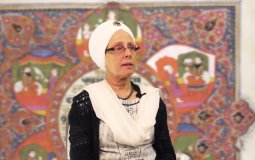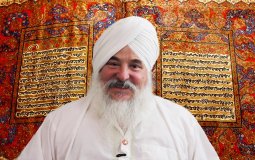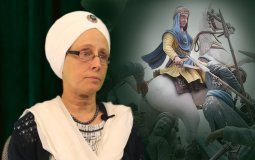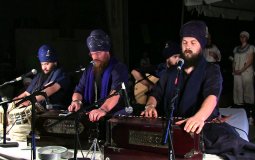Shanti Kaur Khalsa talks about the philosophy of gender equality in Sikhism and the deep tradition of female leadership in the Guru's time.
What is karma? Guruka Singh describes how people think about karma in a linear way.
Guruka Singh examines this question, and says that Amrit is not a set of rules and restrictions that you have to follow after taking Amrit, but don't have to follow before you take Amrit.
Shanti Kaur Khalsa explains the history, tradition, and practical reasons for wearing a turban.
In the Sikh realm this questions comes up a lot. Dancing is associated with drinking, promiscuity, and violence. Guruka Singh gives his take on dancing by itself. He explains that the whole universe is dancing, and dancing is just an expression of happiness.
Crying is a natural thing that happens when your heart opens. There is nothing wrong with you if you cry during Kirtan.
The Siri Guru Granth Sahib gives us 'Shaant Ras' - peaceful essence. And Dasam Bani (The writings of Guru Gobind Singh) gives us 'Bir Ras' - warrior spirit. For example Jaap Sahib energizes us and fills you with courage.
People should be encouraged to take hukams from the Siri Guru Granth Sahib and read in the Akhand Paath. People should not be made to feel self conscious about their pronunciation. No one should feel "I'm not good enough or I'm not qualified." Those who have had the experience of the Guru have the duty to share it with others and not shut them out.
Shanti answers the question with yes. However we don't necessarily need to be warriors in the same way as in the Guru's time.
Rensabhai Kirtan (All night Kirtan) on final night of 3HO Summer Solstice Sadhana. Chardi Kala Jatha sings shabad by Guru Gobind Singh ji "Jagardang Nagardang Bagardang Baaje".

